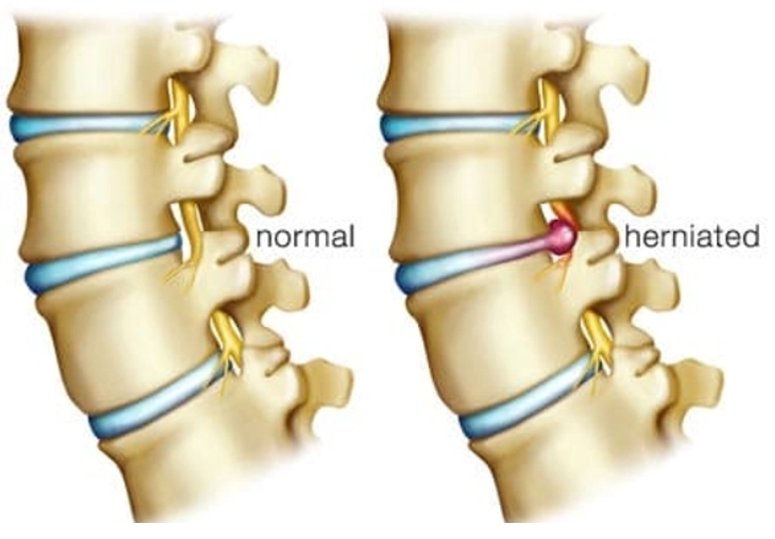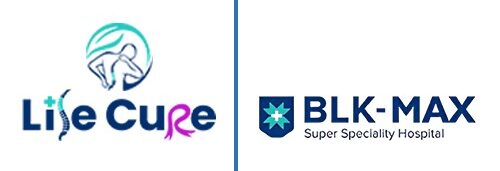Herniated disc
Service > Herniated disc

Herniated disc
The spine’s vertebrae are cushioned by gel-like disks that are prone to wear and tear from aging or injuries. A weakened disk may rupture or bulge, putting pressure on the spinal nerve roots. This is known as a herniated disk and can cause intense pain
🔷 Herniated Disc – Background
A herniated disc, also known as a slipped or ruptured disc, occurs when the soft inner portion of a spinal disc pushes through a tear in the tougher outer layer. This condition can irritate nearby nerves and cause pain, numbness, or weakness, most commonly in the neck (cervical spine) or lower back (lumbar spine).
📌 Common Causes:
Age-related disc degeneration (wear and tear)
Sudden strain or injury to the spine
Repetitive lifting, bending, or twisting
Poor posture or prolonged sitting
Obesity or lack of physical activity
📌 Typical Symptoms:
Localized back or neck pain
Radiating pain down the arms or legs (sciatica in case of lumbar disc herniation)
Numbness or tingling in limbs
Muscle weakness
Pain that worsens with movement, coughing, or sneezing
📌 Why Early Treatment Is Essential:
If left untreated, a herniated disc can cause chronic pain and long-term nerve damage. Early intervention helps reduce symptoms, restore mobility, and prevent complications such as permanent nerve damage or loss of bladder/bowel control in severe cases.
📌 Available Services May Include:
Expert consultation with spine or orthopedic specialists
Imaging tests like MRI or CT scan for accurate diagnosis
Non-surgical treatments (medications, physiotherapy, lifestyle changes)
Epidural steroid injections for pain relief
Minimally invasive procedures or spine surgery (if needed)
Personalized rehabilitation programs

